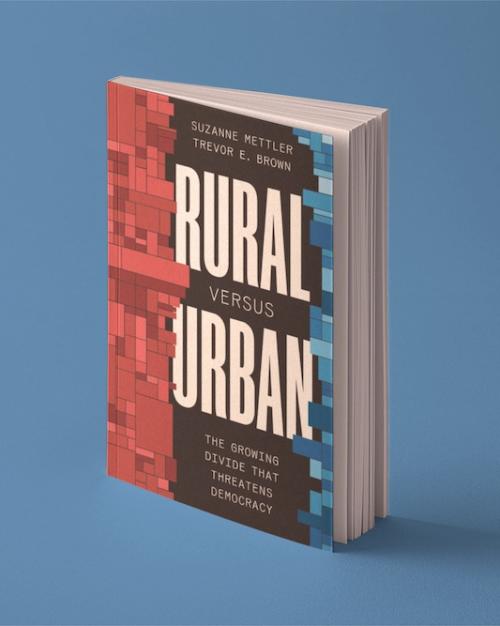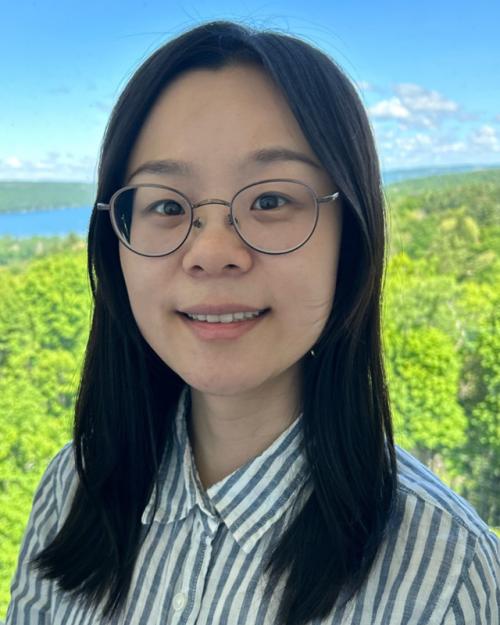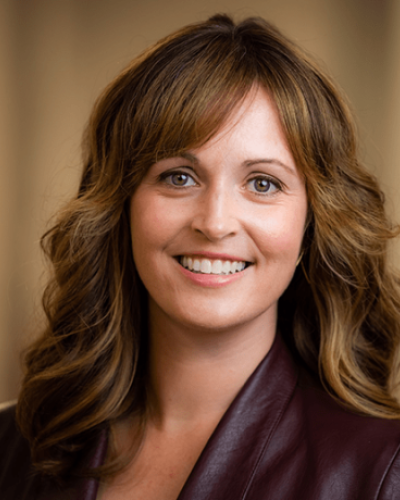Q & A with Alumna Amanda Kizer '07
Major: Sociology
Minor: Inequality Studies
Activities: Kappa Delta Sorority, Tatkon Center Student Staff
Q. What is your current position, organization, and responsibilities?
I am currently the Head of Global Innovation at B Lab, the nonprofit behind B Corp Certification. In my role, I work on developing, launching, and implementing products and programs to help companies have a more positive impact on the world. For example, earlier this year my team launched a tool to help companies measure and track their progress on the UN Sustainable Development Goals. Right now, we are focused on engaging multinational corporations and public companies to measure and manage their supply chains and investors on measuring and managing their social and environmental impact and adopt governance structures that are accountable to all stakeholders, not just their investors. On a day-to-day basis what that means is that I lead a team focused on product development for good!
Q. How has your career intersected with topics of inequalities?
This wasn't necessarily my intention when I first got out of college but reflecting on the past 13 years, most of my career has been focused on working with organizations and institutions to change economic systems and structures to be more equitable. This has looked a few different ways. Right after I graduated from Cornell I joined AmeriCorp in Wyoming and worked at a food bank and community organization that was focused on improving and strengthening the social service networks of a rural county. After graduate school, I joined the US Small Business Administration and worked on implementing programs to support small businesses in the wake of the 2008 financial crisis. I then transitioned to the State Department, where I worked on economic policy and energy policy, in Sub-Sahara Africa and then Central and South America. And now I'm focused on the role of for-profit businesses in our economic system. After my time in the federal government, I knew I wanted to also spend time working directly with for-profit businesses.
So while I've worked in a variety of organizations, the thru line for me has been improving our economy and working to address the structural elements of a system that is broken and wildly unequal.
Q. How did the Minor in Inequality Studies prepare you for your post-Cornell life?
The education I received at Cornell, and specifically studying inequality was formative in my decision to pursue a career focused on addressing systemic inequality. From my undergraduate education, I learned that inequality is pervasive across our economic, education, judicial, and political systems. I think for many people inequality can be something you don't have to see if it doesn't directly impact you. If you grew up going to a well-resourced school, you don't understand the advantage you have in applying to college, for example. The other thing I think the minor prepared me to do was to think critically about how we build systems in our society. Inequality is not an outcome of a poorly designed system. It is often an input into the system, a purposeful component of the system. Inequality is not something that "just happened", particularly in the United States. It is not an 'unfortunate byproduct'. It is something we've constructed. It's something we've chosen - consciously and subconsciously. And if we want it to change - and I do - we need to deconstruct our systems and build them anew.
Q. What advice would you offer current students?
Get to know faculty and graduate students. I should have spent more time building relationships with them when I was in college. I think I was intimidated and a bit overwhelmed (by all the work, and frankly just being a young person navigating life), and I didn't take the time to do that. Cornell has some of the best thinkers in the world - that's why you went there. Don't just take classes from those brilliant minds; try to get to know them, and let them get to know you. Ask questions and ask for their advice.
Not at all related to academics, live somewhere for a while where you didn't grow up. If you're from New York (or really anywhere on the East Coast), try to live somewhere west of the Mississippi for some time in your life. Or go live in another country, if you can. I live in New York City now, but I'm originally from Texas and right after college I moved to Wyoming for a year. Although it didn't become my permanent home, I met wonderful people who helped change how I saw the world; to develop an appreciation and empathy for a different lived experience.
Q. How have your studies in inequality impacted your understanding or views of the COVID-19 pandemic?
An important part of my studies at Cornell included an examination of the interdependency of our systems. Our economy is intertwined with our political system, which both impact our healthcare and education systems and as a society we are now taking stock of these interdependencies. The COVID-19 pandemic is having - and will continue to have - a disproportionate impact on communities of color, on poor communities, immigrants, and women. We should be outraged by that - and the statistics we see in the news reinforcing that - but we shouldn't be surprised. Those disparities existed before. The design and structures of our systems made those things true before. As a friend of mine said recently - another Cornell graduate actually - this crisis is exaggerating our true selves. We have built racism and sexism - and all the other isms - into our systems. This crisis exacerbates that reality. We now have a choice to make. As we address this crisis, do we want to 'go back' or 'rebuild' a system that was inherently unequal? Or do we try to clear the proverbial rubble and build something else? I hope the answer is the latter. But we should be aware that those in power and those with resources will want to go back to the old system - it worked for them. It benefited them. The struggle is not just surviving, but having energy and the ability to fight for a new future on the other side.





